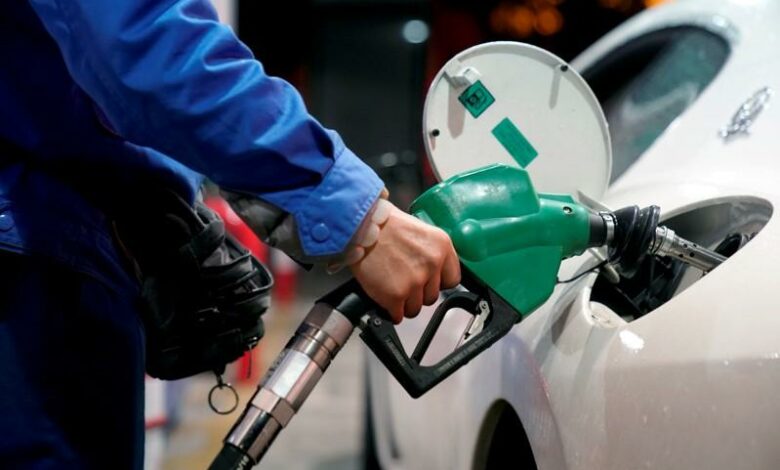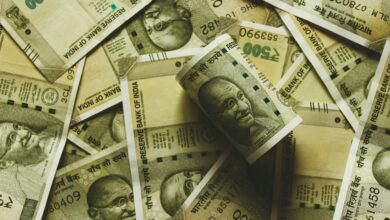
Egyptian Finance Minister, Mohamed Maait announced Wednesday that the state’s budget cannot continue to bear the additional burden resulting from the global repercussions and soaring oil prices.
Egypt can’t increase subsidies for petroleum products, or the increase in allocations to bear this, but he referred to social protection programs to reduce the impact of the increase in diesel prices on the vulnerable groups, he said.
Maait explained that the increase in oil prices globally, as well as the rise in the US dollar exchange rate, increased the burden on the state’s budget – which in light of these developments is not able to continue bearing the additional burden resulting from these repercussions and increase the subsidies to petroleum products.
The Finance Minister noted that the government can implement market mechanisms and social protection programs to reduce the impact of increasing diesel prices on the lowest-income groups, but he did not elaborate in these programs.
Egypt imports about 120 million barrels of oil annually, he said.
“We were importing about 120 million barrels of oil in the past, at a rate of between US$55 to $65 per barrel, while its price during the recent period, especially after the Russian invasion of Ukraine, exceeded the ceiling of $125 per barrel, which has become costing the budget to finance the import of about $15 billion, compared to about $ 7.5 billion in the past,” he explained.
He pointed out that the exchange rate of the US dollar exchange rate was LE 15.6 before the outbreak of the current global economic crisis, while its rate currently is about LE 18.8 to the US dollar, which doubled the cost of financing for imports.
Maait said that the burden on the import bill has become very huge in light of these recent developments, whether with the increase in the price of a barrel of oil or the US dollar exchange rate, and therefore it was very difficult for the public treasury to continue to bear this huge cost.
The minister clarified that the price of diesel has not increased in the local market for three years, as it remained unchanged during that period, despite the change in global conditions and the rise in oil prices.
He said that providing more financial resources to subsidies the petroleum products only may negatively affect the rest of social activities, including providing adequate housing, education, health, and developing drinking water and sewage networks.



